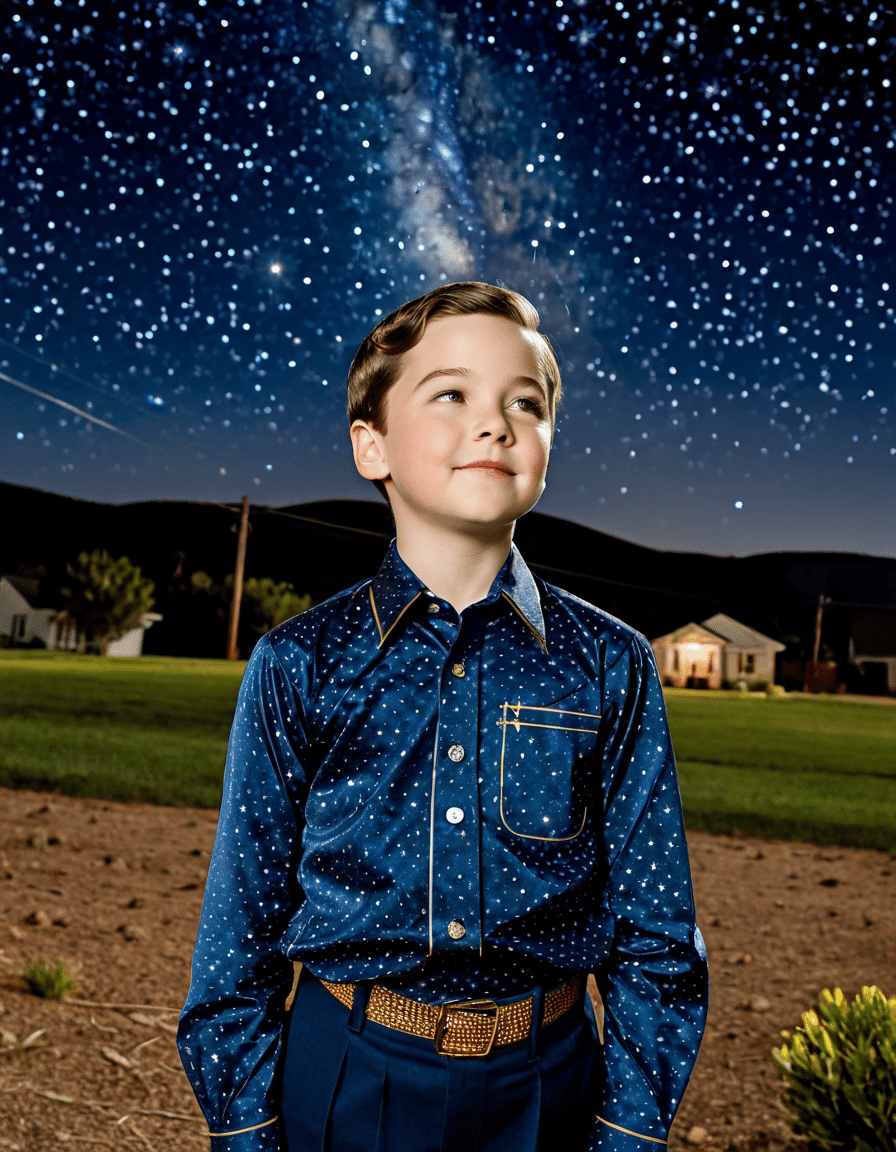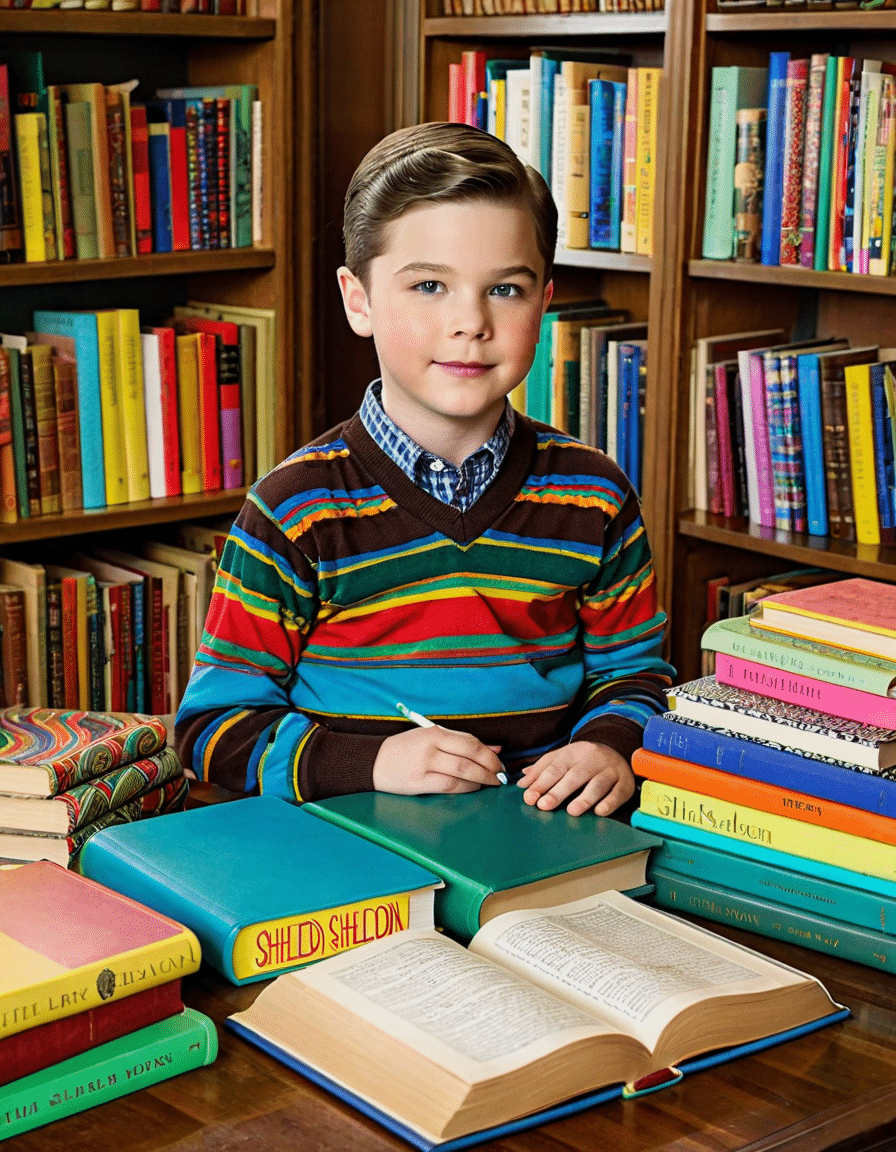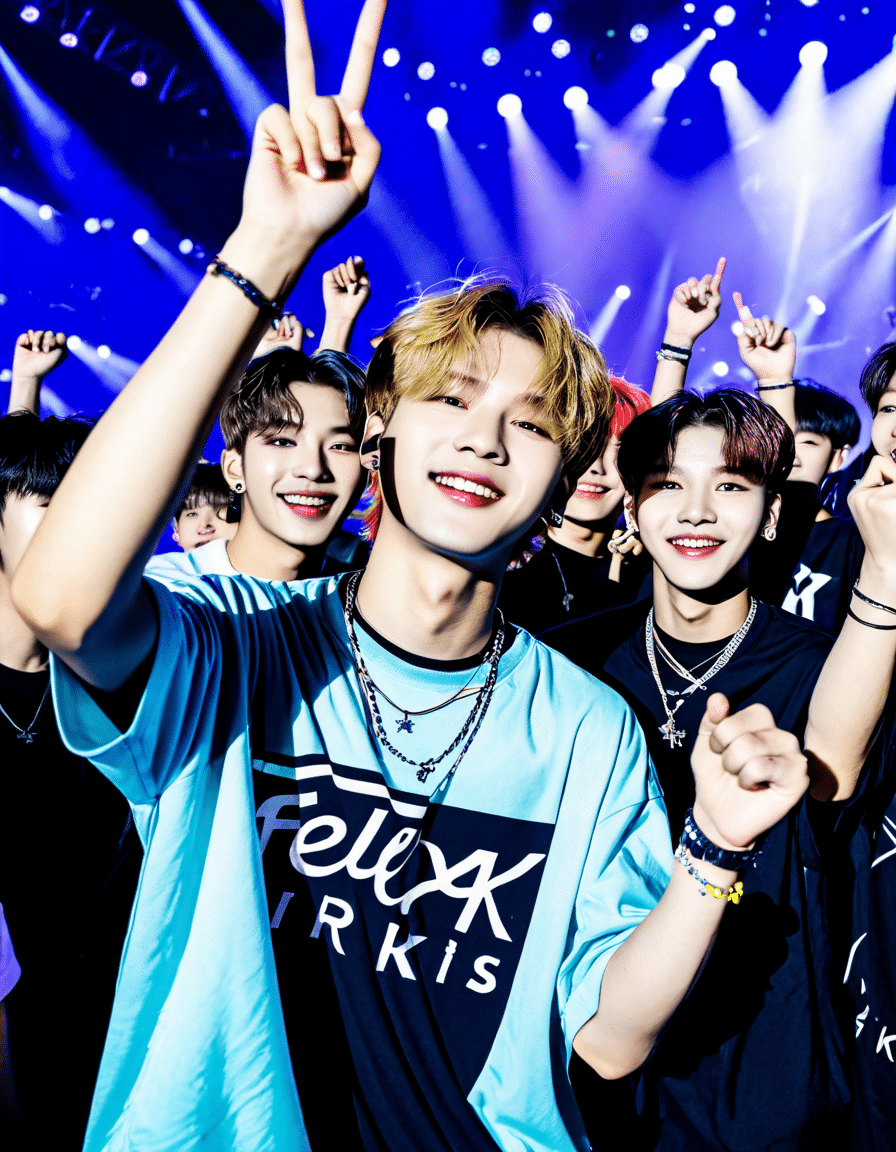The television show “Young Sheldon,” a spin-off from the beloved sitcom “The Big Bang Theory,” paints vivid strokes of brilliance, humor, and the occasional heartbreak by diving deep into the life of Sheldon Cooper as a child. This delightful series takes us on an extraordinary journey, exploring how a child genius grapples with daily life in a typical Texan upbringing. Amid the laughter, “Young Sheldon” reflects on profound themes—social adaptability, genius, and family dynamics—striking a chord with viewers through its multi-dimensional portrayal of precocious childhood.
So, what makes this show tick? Beyond the one-liners and scientific jargon lies the heart of “Young Sheldon.” It gives us a glimpse into the struggles and triumphs that gifted children face. It’s a poignant reminder of the complexities inherent in nurturing extraordinary talent, anchored by relatable characters and touching storylines that resonate with parents and kids alike.
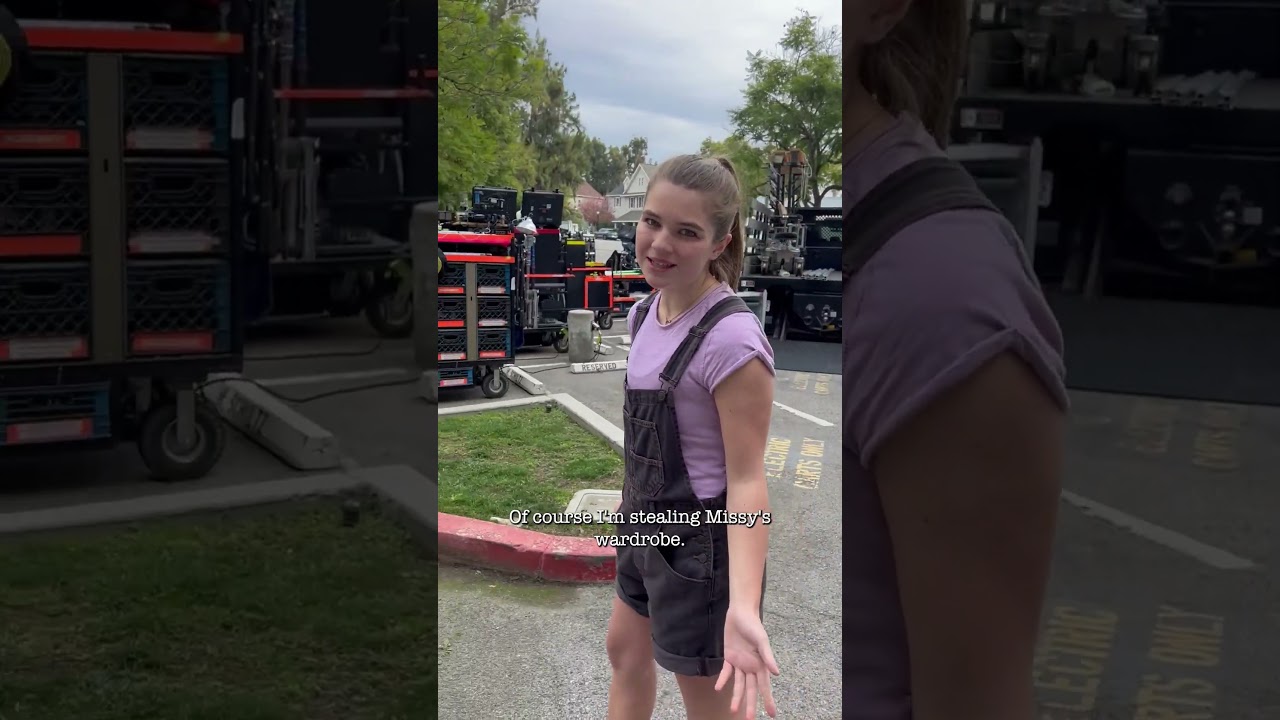
Top 7 Lessons from Young Sheldon on Nurturing a Child Genius
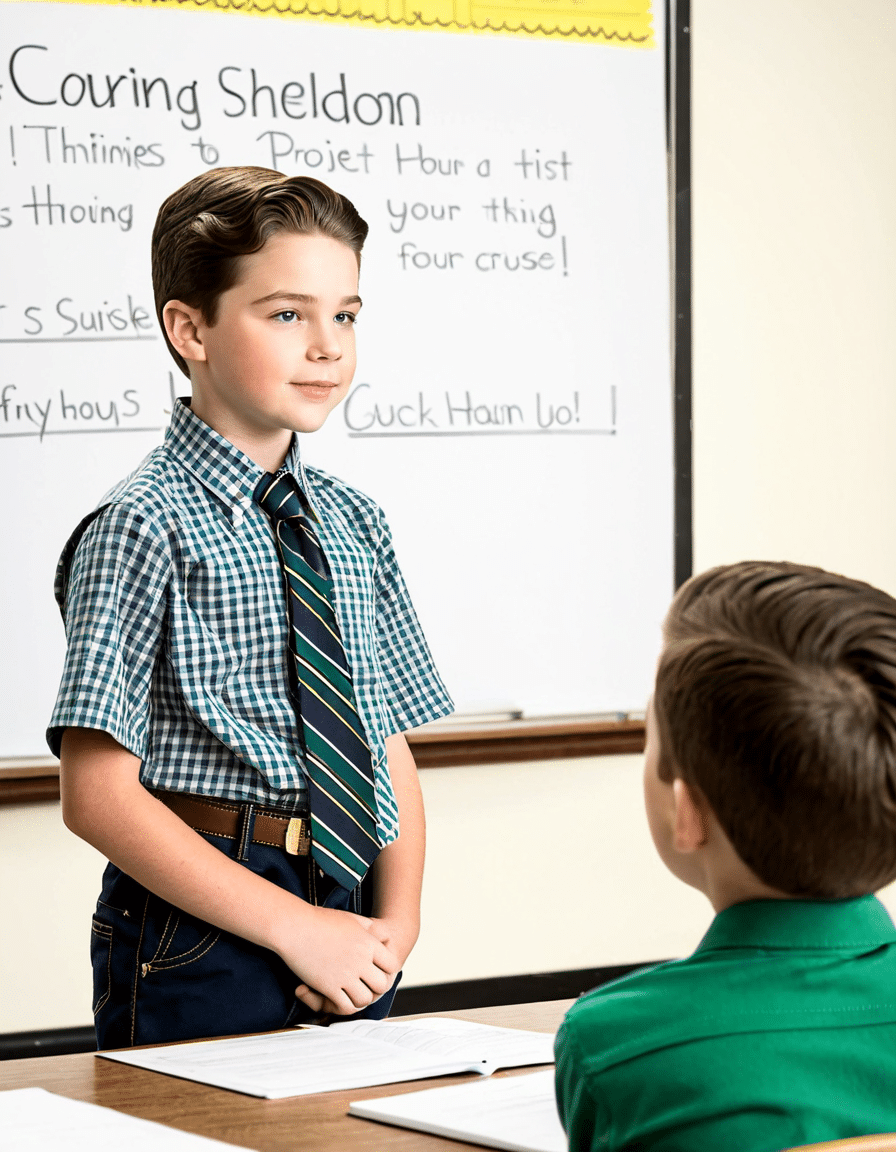
1. The Importance of Supportive Parenting
In “Young Sheldon,” parenting takes center stage, particularly through the characters of Mary and George Cooper. Mary’s emotional intuition often contrasts with George’s more relaxed approach. Together, they represent a solid parenting model cultivated by real-world experience. Their varying responses to Sheldon’s unique needs show how a balanced combination of love, emotional support, and laid-back guidance nurtures a child’s talent.
Think about it: supportive parents help build confidence and resilience. By showcasing how different parenting styles integrate, “Young Sheldon” delivers a timely message about the critical role of nurturing in a gifted child’s life.
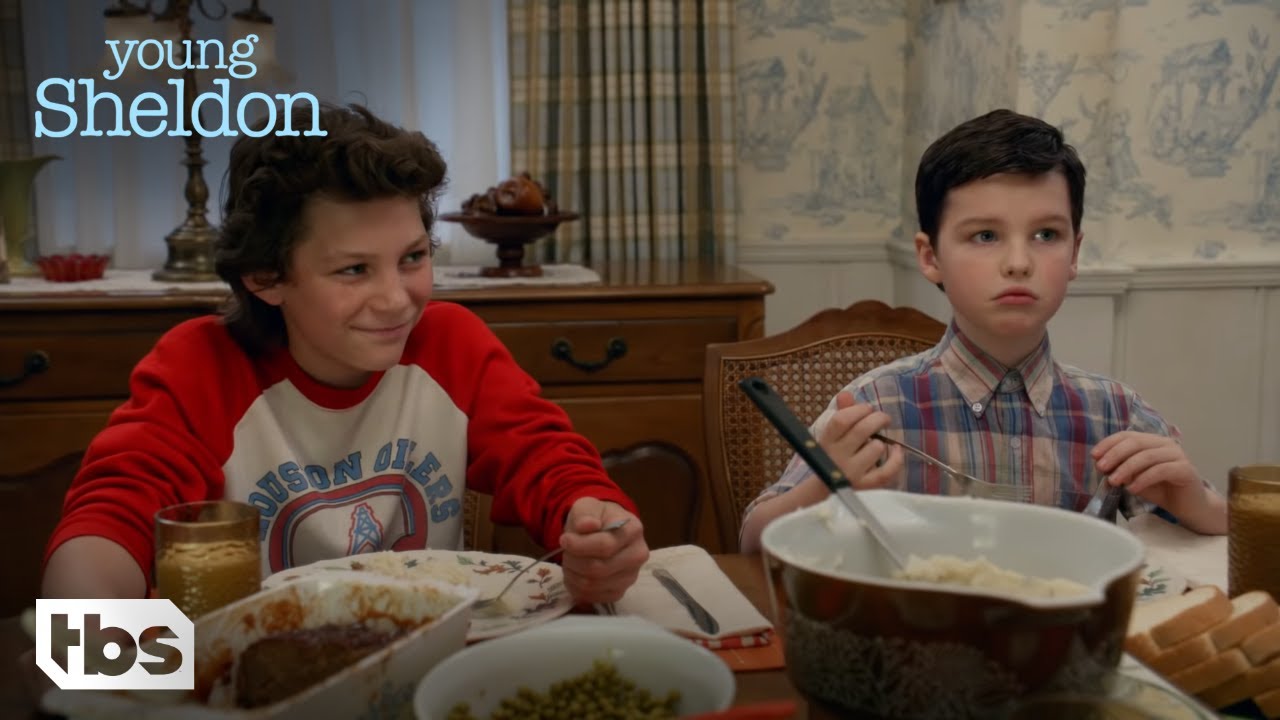
2. Navigating Social Challenges
Sheldon struggles with friend-making, as seen in his interactions with schoolmates and his sister, Missy. The show paints an authentic picture of these challenges, essential for anyone aware of the difficulties faced by gifted children. Scholars point to studies in the Journal of Educational Psychology that emphasize the correlation between social skills and academic success.
In portraying Sheldon’s awkwardness in social situations, “Young Sheldon” reveals a truth that hits home: a brilliant mind doesn’t always equate to social prowess. The show helps viewers empathize with child geniuses who often feel disconnected from their peers.
3. Embracing Individuality
From trains to astrophysics, Sheldon’s quirks spotlight the need for individuality. Often, children crack under societal pressure to fit molds defined by others. “Young Sheldon” drives home the point: everyone should celebrate their uniqueness. As Sheldon navigates his interests, it resonates with educators and parents advocating for diverse talents.
Encouraging children to embrace their unique traits can jump-start innovative thinking and creativity. Who knows? Maybe today’s quirkiest kids are tomorrow’s Einsteins.
4. Finding Passion in Learning
Sheldon embodies endless curiosity—a hallmark of a genuine love for learning. His journey inspires parents to foster a culture of inquiry at home. In this rapidly evolving world, introducing interactive learning opportunities leads not just to better grades but a lasting thirst for knowledge.
Studies reveal that engaging children in hands-on activities markedly enhances cognitive development. By painting learning as a fun, thrilling journey, “Young Sheldon” encourages us to cultivate environments where curiosity flourishes.
5. The Role of Mentorship
Characters like Dr. Sturgis exemplify the impact mentorship can have on gifted kids. Such relationships echo findings from organizations like The Gifted Alliance, which highlight mentoring as crucial in developing young talent.
“Young Sheldon” seamlessly integrates this theme into the narrative, showing how meaningful connections with mentors provide guidance and fortitude. Mentorship not only enriches knowledge but helps young geniuses overcome social isolation—something that is all-too-real.
6. Adaptation to Peer Norms
As Sheldon attempts to fit in, we see his humorous stabs at understanding humor and friendship. These relatable moments accentuate how gifted kids must often develop skills to adapt to social expectations. Think about it: education isn’t merely academic; it encompasses social learning too.
Recognizing this necessity echoes findings in developmental psychology. While intelligence can be an edge, adapting to social norms ensures gifted children have fulfilling experiences as they grow.
7. Balance Between Giftedness and Mental Health
The series bravely tackles Sheldon’s occasional emotional struggles, spotlighting a crucial aspect often overlooked: the link between intellectual gifts and mental health. Research from the American Psychological Association points to increased anxiety and social pressure for gifted youngsters.
“Young Sheldon” serves as a vital reminder that while a bright mind is a gift, it requires a balance with emotional wellness. Prioritizing mental health in conjunction with intellectual development helps create well-rounded individuals.

Wrapping Up the Extraordinary Journey of Young Sheldon
“Young Sheldon” offers an intelligent peek into the life of a child genius while reflecting on the multifaceted realities of nurturing exceptional talent. Through its mix of humor and storytelling, the series resonates with anyone who’s ever felt the pressures of intellect—be it from others or oneself.
The life lessons gleaned from young Sheldon vividly demonstrate that fostering a child genius isn’t just about honing their intellect. It’s about creating an environment where emotional well-being and personal identity can also prosper. The series inspires us to embrace, support, and celebrate the extraordinary journey ahead, paving the way for future generations to thrive authentically amidst their unique paths.
Whether you’re a parent, educator, or just a fan of quirky characters, there’s a lot to take away from “Young Sheldon.” By staying mindful of the delicate balance between nurturing giftedness and prioritizing mental health, we can cultivate a richer atmosphere for young minds to flourish. So, the next time you tune in to “Young Sheldon,” reflect on the insightful messages wrapped in laughter, warmth, and thought-provoking narratives.
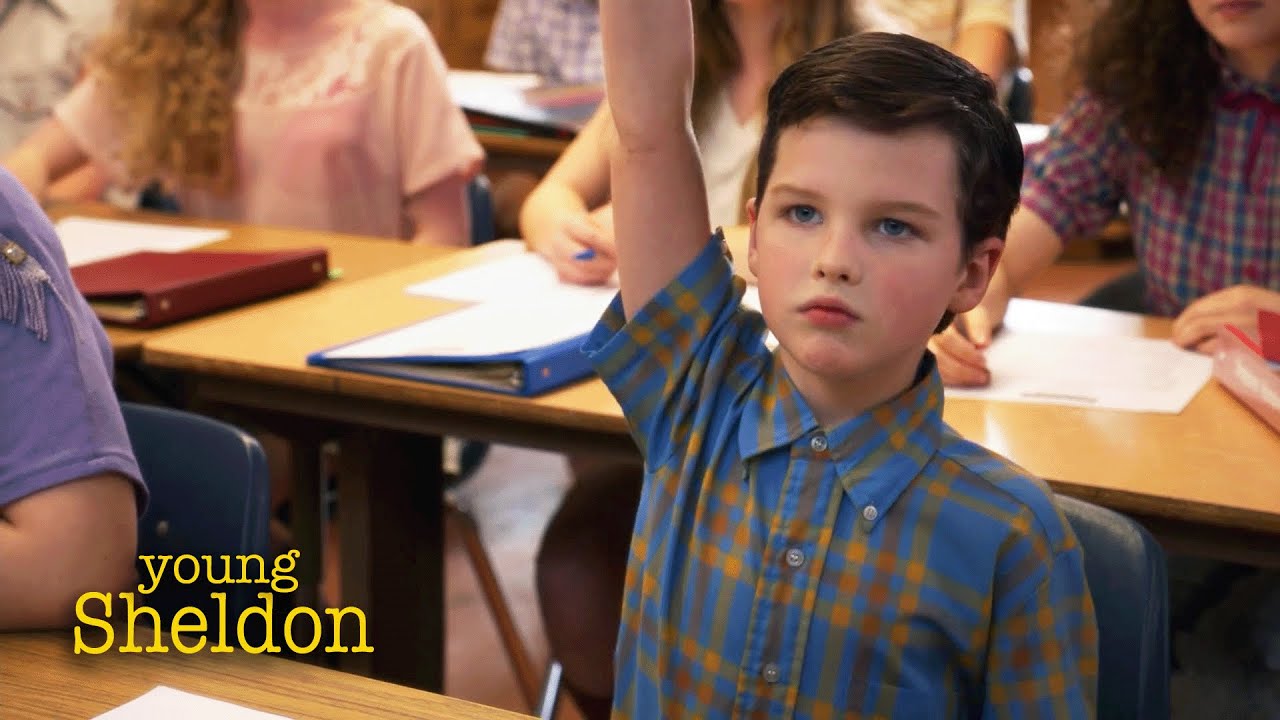
Young Sheldon: Fun Trivia and Interesting Facts
The Origins of a Prodigy
Did you know that “Young Sheldon,” a delightful spin-off from “The Big Bang Theory,” premiered in 2017 and quickly gained a devoted following? The show focuses on Sheldon Cooper’s early years, highlighting his hilariously awkward journey through childhood as a child genius. Every episode presents quirky challenges that he faces in East Texas, where reasoning is sometimes overshadowed by the local culture. Interestingly, much like the dynamic between Prince Harry and Meghan Markle, there’s a blend of tradition and modernity represented in this show—showcasing how an extraordinary mind can sometimes clash with everyday simplicity.
Sheldon and Family Dynamics
Sheldon’s family plays a significant role in the series, adding depth to the narrative. His mother, Mary, is a caring yet overwhelmed parent, dealing with the unique pressures of raising a gifted child. This dynamic reminds us of how people manage personal relationships and societal expectations, much like what’s seen in the lives of celebrities. Who hasn’t heard about how celebrities, much like Scream Queens, navigate public scrutiny? Plus, viewers get a glimpse into Sheldon’s interaction with his twin sister, Missy, who provides a refreshing contrast to his character. This sibling relationship stands out, evoking chuckles and reminding audiences of the ups and downs of growing up, where familial support is crucial, much like having reliable outdoor Sectionals for gatherings!
Fun Facts about the Show
Here’s a fun nugget: Sheldon’s iconic catchphrase, “Bazinga!” is an instant crowd-pleaser. It’s hard not to smile when you hear it! The writers infused humor into Sheldon’s character, allowing for a blend of science and comedy that resonates with fans of all ages. Also, did you know “Young Sheldon” has been linked to a wider cultural context? The concept of a child prodigy navigating life is akin to the storylines in many anime series, inspiring viewers just like cute anime Girls can captivate an audience with relatable adventures. Through it all,Young Sheldon” not only showcases his academic feats but also offers life lessons, making it a must-watch for families. So, whether you’re binge-watching on your Fire TV Stick or simply discussing the nuances of child genius, this series provides ample entertainment!
